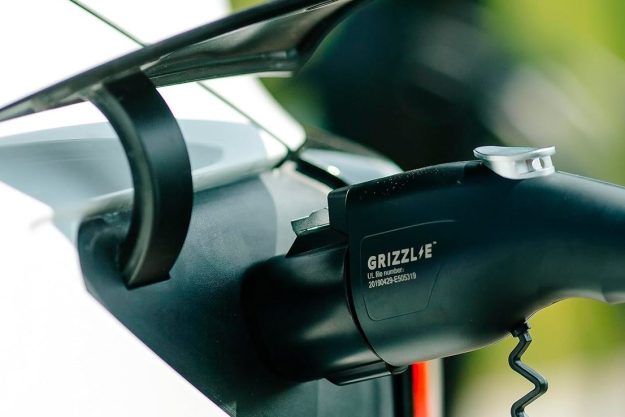
At the announcement of the film – called Spectre, after the international organization of bad guys from the classic Bond movies – Aston pulled the wraps off the DB10, a limited-edition model created specifically for a starring role.
Limited to just 10 units, the sleek DB10 should look amazing on the big screen, and could preview Aston’s future styling direction as well.
The DB10 is one of the most striking Astons in recent memory, rivaling even the exotic One-77. Its impossibly short overhangs, new headlight design, and air intakes that look like they were carved into the bodywork reinvigorate familiar Aston styling.
It’s fitting tribute to Aston’s 50-year association with Bond, which began with the iconic DB5 in Goldfinger, and more recently has included the first-generation Vanquish in Die Another Day, and the DBS in Casino Royale.
It also explains why Aston recently trademarked the names DB10 through DB14.
Aston is working on a larger-volume production model that the DB10 may preview, and it will presumably wear a higher number.
That model will introduce a new platform that will replace the aging VH architecture used in virtually every current Aston, along with engines supplied by Mercedes-Benz AMG.
A firm target date for that model hasn’t been announced, but look for the DB10 when Spectre hits theaters November 6, 2015.


